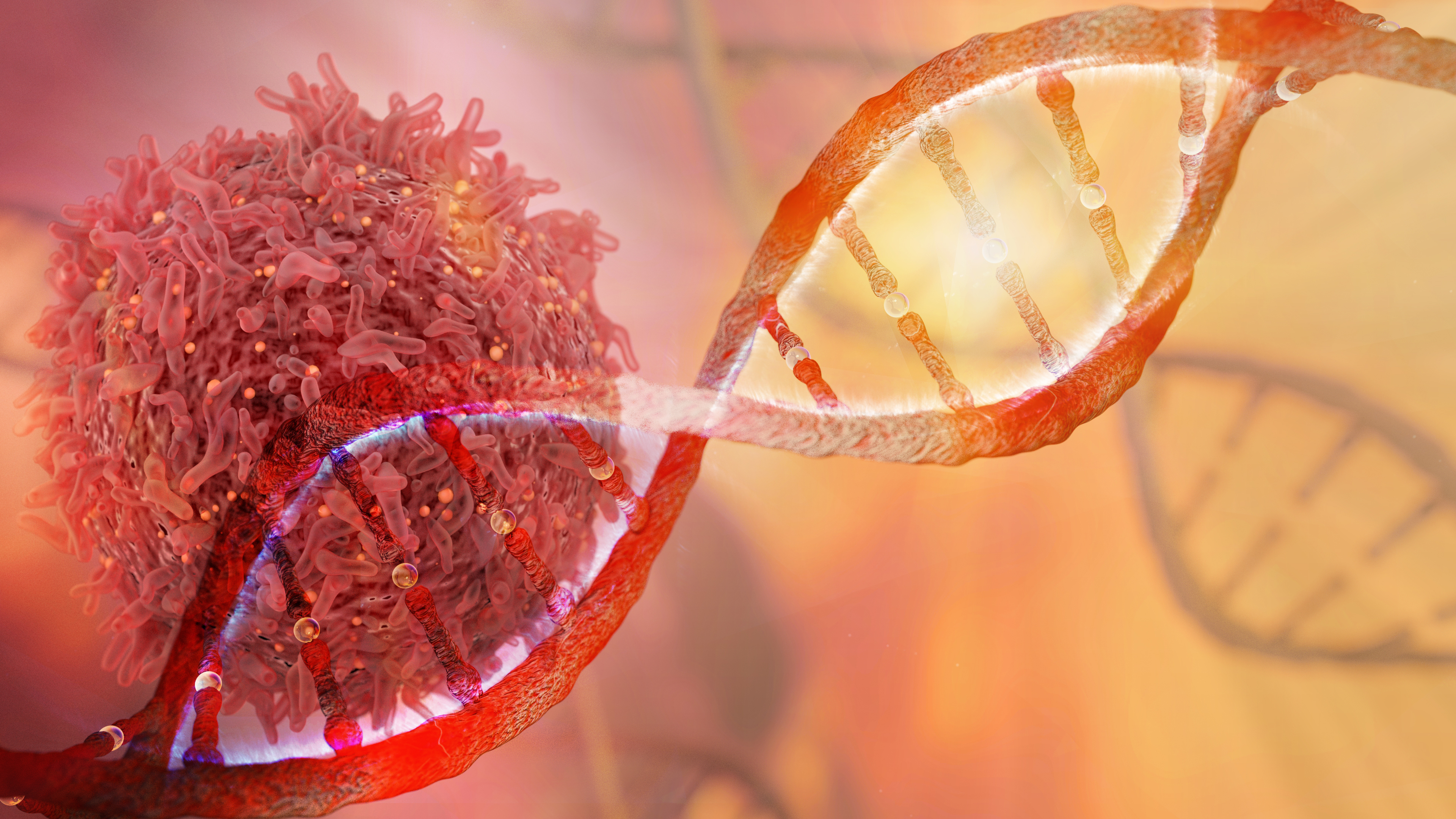Dr Jody Mason from the Department of Biology & Biochemistry has been awarded almost £1M as a lead investigator on a project looking at new ways to target proteins linked to many types of cancer.
The £924,000 of funding, split between the University of Bath and the University of Kent, is from the Biotechnology and Biological Sciences Research Council (BBSRC) and will fund three years’ of research.
Dr Mason’s research is focused on very small proteins known as peptides. This project will investigate how peptides might be used to target helical proteins, which are important in sticking to DNA to drive cell growth and division. These proteins can malfunction and are consequently linked to a wide range of cancers that include breast, liver and colon.
The researchers will screen vast numbers of different peptides inside living cells in a search for those with potential to stick to and block the action of these target proteins. The team hopes to be able to identify peptides that can knock helical proteins off of the DNA, in a series of in vivo and in vitro experiments, including with cancer cell lines.
The University of Kent, with collaborator Dr Neil Kad’s group, will examine how peptides achieve this, including by using ‘single molecule’ visualisation techniques – viewing at incredibly small scales to see how individual molecules interact.
Once peptides with the desired properties have been found, further work will be undertaken with experts at the University of Queensland in Brisbane to modify any promising peptides, making them more likely to get through the exacting process of drug development so they could eventually become anti-cancer drugs.
Dr Mason said: “We are very excited by the power of our approach and we are incredibly grateful to the BBSRC for recognising our work. Peptides and their mimics are an emerging class of drug that have the potential to be used against targets that are very difficult to hit using conventional approaches. I look forward to our discovery of molecules targeting cancers involving DNA binding proteins."
As part of the work two post-doctoral researchers will be employed for the duration of the project.

